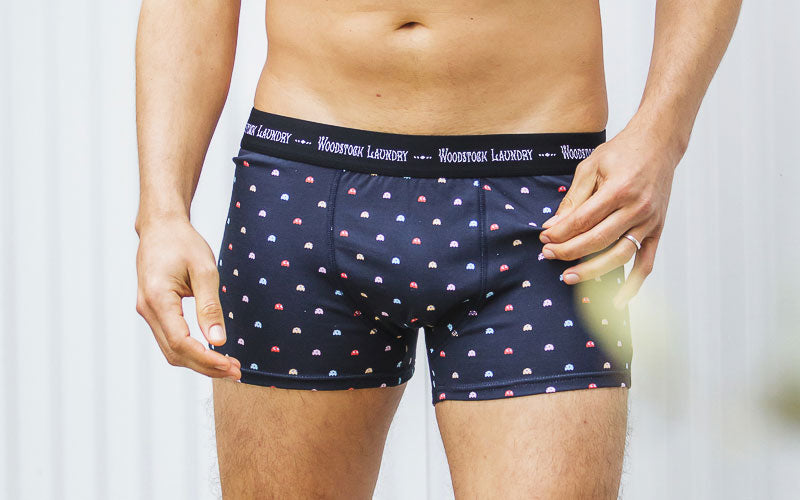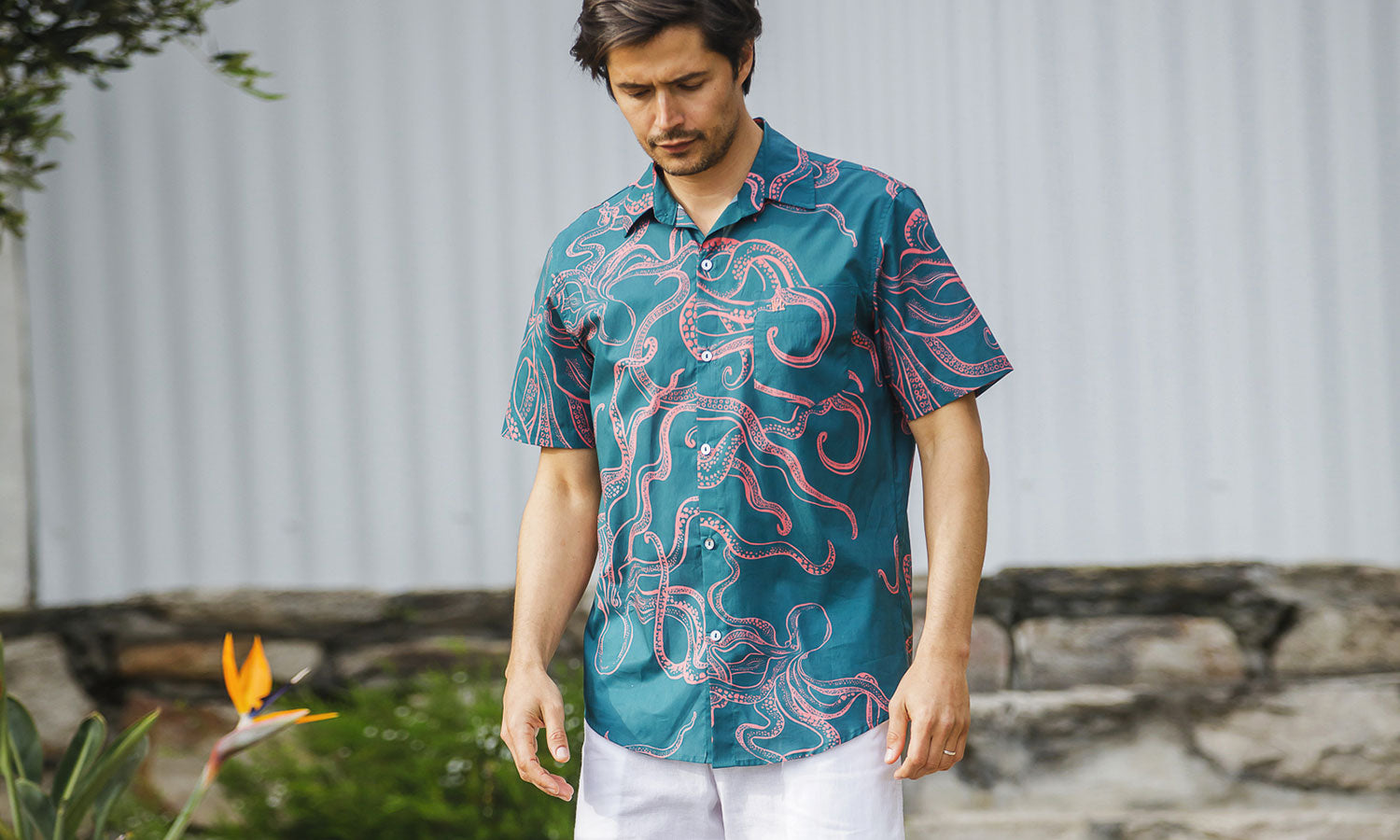In recent years, sustainable and eco-friendly fashion has gained significant traction. As a result, more attention is being paid to materials that minimise environmental impact. One such fabric that has emerged as a popular alternative is bamboo fabric. Known for its softness, durability, and sustainability, bamboo fabric offers several benefits that make it a compelling choice for both consumers and manufacturers.
Sustainability
Bamboo fabric is often touted for its sustainability. Unlike traditional textiles such as cotton, bamboo plants require minimal water and no pesticides to thrive. Bamboo is a fast-growing grass that can reach maturity within 3-5 years, making it a highly renewable resource. Moreover, bamboo helps combat deforestation by producing 35% more oxygen than other plants and absorbing a substantial amount of carbon dioxide.
Softness and Comfort
One of the most notable characteristics of bamboo fabric is its incredible softness. Its texture is often compared to silk or cashmere, making it particularly pleasant to wear against the skin. The fabric's smooth and round fibres are hypoallergenic and ideal for individuals with sensitive skin or allergies. Bamboo's natural moisture-wicking properties also enhance comfort by keeping the wearer dry and cool in hot weather.
Breathability and Thermoregulation
Bamboo fabric is highly breathable, allowing air to circulate and reducing the risk of overheating. The fabric's natural ventilation and moisture absorption properties enable it to adapt to the wearer's body temperature and regulate moisture levels. This thermoregulation makes bamboo fabric suitable for various climates and activities, ensuring comfort throughout the day.
Antibacterial and Odour-Resistant
Bamboo fabric possesses a natural antimicrobial property, which inhibits the growth of odour-causing bacteria. This quality helps keep bamboo garments fresh and odour-free even after prolonged use, which is especially useful for socks. By resisting bacterial growth, bamboo fabric requires fewer washes, saving both water and energy. Additionally, this antibacterial property makes bamboo fabric a healthy choice for individuals prone to skin infections.
Durability and Longevity
Bamboo fabric is remarkably durable, with fibres that are stronger than most traditional textiles. This resilience translates into longer-lasting garments that can withstand repeated washing and wear. Unlike some synthetic fabrics that pill or lose their shape over time, bamboo fabric retains its softness, colour, and durability, even after multiple washes. By opting for bamboo fabric, consumers can embrace a more sustainable and long-lasting wardrobe.
UV Protection
Another advantage of bamboo fabric is its ability to provide UV protection. Bamboo fibres naturally block harmful UV rays, making it an excellent choice for summer apparel. This feature helps reduce the risk of sunburn and long-term skin damage, promoting a healthier lifestyle.
Eco-Friendliness
Beyond its sustainability, bamboo fabric is processed using eco-friendly methods that don't involve harmful chemicals. Most bamboo fabric manufacturers use a closed-loop system, where the solvents and water used in the production process are recycled and reused. This significantly reduces water consumption and minimises pollution, making bamboo fabric an environmentally responsible choice.
Bamboo fabric's numerous benefits make it a compelling choice for both consumers and manufacturers who prioritise sustainability and comfort. Its softness, breathability, thermoregulation, antibacterial properties, UV protection, and durability all contribute to its appeal. With its positive environmental impact and the growing demand for sustainable fashion, bamboo fabric has positioned itself as a viable alternative to traditional textiles. By embracing bamboo fabric, we can contribute to a more sustainable and eco-friendly future while enjoying the comfort and style that it offers.













